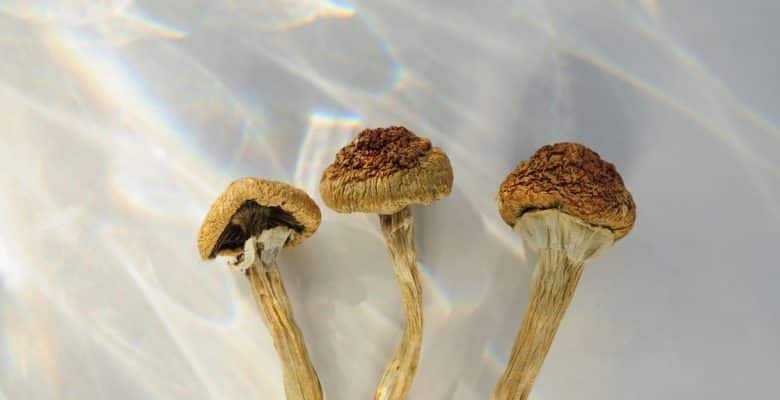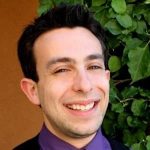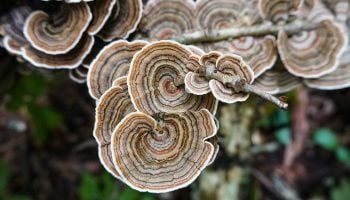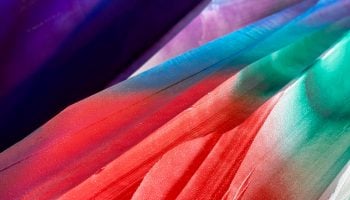SUMMARY
Third Wave Lab is a place where we invite feedback and collaboration on our research from healthcare and science professionals prior to submission to peer-reviewed journals.
This blog summarizes an early discussion draft exploring the use of LSD vs. psilocybin to improve mental health outcomes and enhance workplace productivity. Data comes from an analysis of 41 long-form interviews of participants in Third Wave’s microdosing coaching program. Participants reported enhanced creativity and productivity after better managing burnout, anxiety, and depression, but in different contexts.
Though the sample size is small and we’re still exploring the data, psilocybin generally helped participants to build relationships with work colleagues, while LSD was better for isolated productivity.
If you are a university researcher, we welcome feedback on our methods and conclusions, with potential co-authorship.
If you are a healthcare practitioner or therapist, we welcome feedback on whether you would find this helpful in treating your own clients.
While there’s been a surge of personal reports and scientific research on the benefits of microdosing psychedelics at work, there has been virtually no investigation into the comparative advantages of different medicines.
My name is Greg Ferenstein, Head Researcher at Third Wave. Over the last year, I’ve been conducting long-form interviews with participants in Third Wave’s microdosing programs to amass detailed histories on their past experiences with psychedelics, mental health, and mindfulness practices. More importantly, I’m studying how these experiences have impacted their personal and professional lives so that we can advance psychedelic therapy, coaching, and science.
Two types of creativity
After about 30 interviews, patterns started to emerge in how respondents were reporting the advantages of different psychedelics, especially among users who used both LSD and psilocybin.
As one professional marketer explained*,
When I microdose psilocybin mushrooms, I tend to think more from a people’s lens to see who I can work with or involve to solve a given problem. When microdosing with LSD, however, I tend to think purely of a problem from an intellectual lens. Additionally, I notice that when I’m microdosing LSD, I prefer writing rather than talking to people, because I feel like it enhances my ability to do deep research.
What I found most fascinating about this particular interview was how it added some much-needed nuance to the concept of “creativity” at work. This participant explained that psilocybin increased his collaborative creativity skills, making him both better at communicating his needs and more receptive to suggestions from colleagues.
LSD, however, was better for more puzzle-like creativity—for solo pondering over a question or engaging in a writing task.
Empathy and forgiveness
In another case, one logistics manager reported being more forgiving of subordinates and having more empathy after microdosing psilocybin.
After working 32 hours straight, and having very little sleep and very little food, microdosing psilocybin helps me manage people and the way I talk to them. This is not the case with LSD. Psilocybin just makes me more grounded, more relationship oriented, and more caring about the other person as opposed to my ego. It allows me to care more about a relationship than I do about my own agenda.
Similarly, on microdoses of psilocybin, an otherwise hard-charging boss was more willing to explore the reasons for their employees’ poor performance.
I’m able to actually see what the issue is. In the case of a colleague turning in a report late, I am now comfortable engaging with them in a conversation about what led to the tardiness, rather than making up in my head some whole story about how they are lazy or they don’t respect me or they don’t care.
This story reminded me of what psychologists call the fundamental attribution error, or the tendency to attribute someone else’s poor performance to inherent defects in their personality but blame our own slip-ups on someone else. For example, when I see a work colleague miss a Zoom call, I might think that this person is just ‘flaky’, but when I miss a meeting, I’ll forgive myself because I know I had some stressful personal situation come up. By enhancing empathy and forgiveness, psilocybin could potentially help people overcome this fundamental attribution error.
Dispelling stereotypes
Microdosing psychedelics is often associated with negative stereotypes around so-called “tech bros”, e.g., exceptionally healthy, privileged, and egotistical personalities who are perceived as simply using psychedelics to gain a market advantage to generate even more wealth.
“Tech bros and high-powered women are doing it… so why can’t a normal person?”, wrote an author in Marie Claire.
Yet, during my investigations, I found something quite similar between homemakers, executives, and tech professionals. Beneath the exposed glacier peak of psychedelics inspiring more focus and creativity, I found an underbelly of burnout, anxiety, stress, and depression.
Whether or not these people were clinically diagnosable, they were regularly overwhelmed by the stresses of modern work—on top of an already difficult pandemic. Stories of all participants began to sound remarkably similar.
Psilocybin and LSD seem to help people process different emotional challenges, but I’m still at the beginning of learning how to ask users the right questions and unearth patterns for personalized psychedelics treatment.
Interested readers can look at the larger draft study here. If you have questions or an interest in co-authorship, contact me at [email protected].
*Quotes edited for clarity







